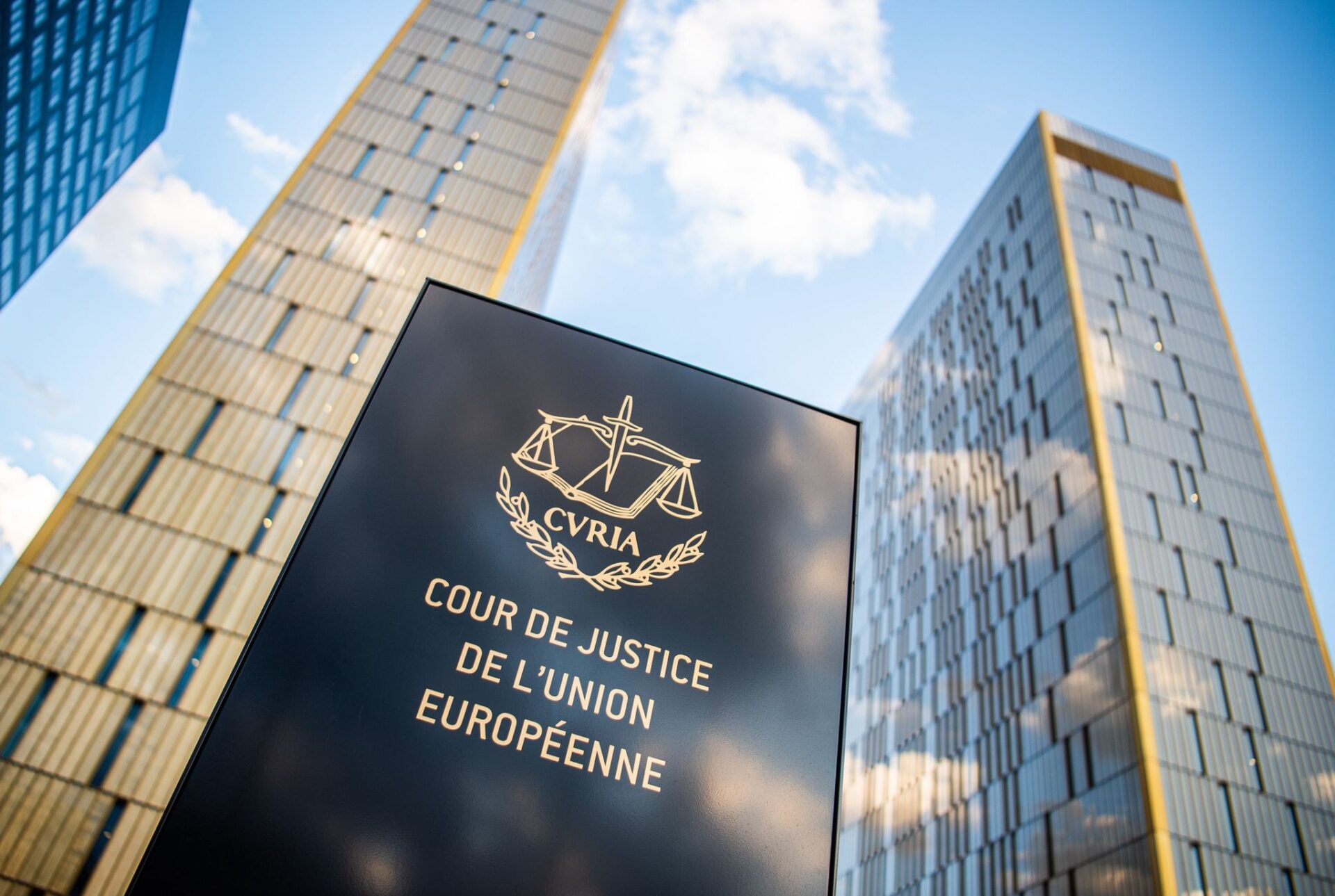Luxembourg/Brussels/Prague – By not allowing foreigners from the European Union to enter political parties, Czech Republic and Poland are violating EU law, ruled the Court of Justice of the European Union today. The European Commission sued both countries, arguing that the states restrict the right of foreigners to stand for local and European elections under the same conditions as Czech and Polish citizens. According to the spokesperson Ondřej Krátoška, the Czech Ministry of the Interior will familiarize itself with the decision in detail and will consider whether it is necessary to amend the legislation.
“The Commission considered that such a refusal constitutes different treatment based on nationality, and therefore filed lawsuits against the Czech Republic and Poland for failure to fulfill obligations. The Court of Justice upheld these lawsuits and determined that these two member states failed to fulfill the obligations arising for them from the Treaties,” states the court’s press release.
According to Krátoška, the Czech Republic has long defended its version of the right to associate in political parties and movements. However, the Court of Justice has now concluded that it contradicts European law. “The Ministry of the Interior, through the Ministry of Foreign Affairs, which carried out procedural actions on behalf of the Czech Republic during the court process, will familiarize itself in detail with the court’s decision and will consider the form of any legislative adjustment so that the court’s decision is respected,” the spokesperson told ČTK today.
The European Commission has been dealing with Czech restrictions since 2012, when it formally initiated proceedings for violation of EU rules. However, according to the union’s executive, the Czech Republic has responded to repeated complaints by stating that its laws are in compliance with the common regulations of the European bloc. (November 19)
 go to the original language article
go to the original language article
